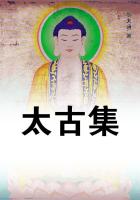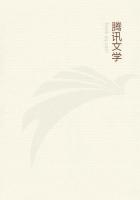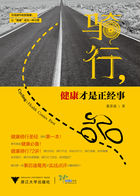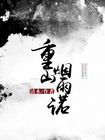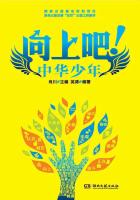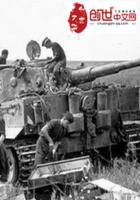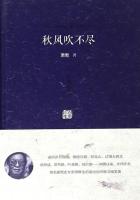Thus the approving or disapproving judgment of the justice of human actions or institutions always rests on the same psychological processes. But the results to which it comes may be very different. How would it otherwise be possible that the conceptions of justice of barbarians, of heathens, of Christians, of men of modern culture, differ so much that something different is always demanded under the plea of justice? Even within the same nation and the same period the controversy as to what constitutes justice will never cease; but from time to time certain judgments will succeed in placing themselves in the dominating centre of the progressive movement, certain results of former intellectual contests will descend to posterity as a secured inheritance; and as long as the night of barbarism does not break in again they will rule and influence it more and more.
If we now try to explain somewhat more fully the psychological processes in question, the first step always seems to be to group in our conceptions a number of men into bodies of moral community. These bodies are then compared and tested according to their qualities and actions. The equalities are searched for and found by the judgment, the inequalities and their degrees are tried by the estimating and valuing sense. It is in the realm of the feelings in which all the final decisions on this most important point are reached. All feelings finally resolve themselves into an adjudging or disparaging, into an estimation and a sensation of that which furthers and that which impedes us; they are decisions on the worth of men and things.
And upon this now follows finally the simple logical conclusion:
the persons whom I am to conceive as a moral community must, as far as human intervention reaches, be treated equally in the measure of their equality, unequally in the measure of their inequality.
The groups of persons into which our conceptions necessarily classify mankind are manifold. The members of the family and the tribe, the bellows of a society and a community, the citizens of a State and of a federation, the members of a church and of a race, finally all humanity in a certain sense can be so grouped, but only in so far as they form a moral community and pursue certain common ends. Whosoever stands without the group is foreign to the comparison, is not comprised in the judgment of what is just. Hence a barbarian does not think it unjust to kill the stranger; only the conception of a moral community between all nations and all men prevents this. Likewise it does not seem to me unjust that an Englishman pays double the taxes paid by a German of equal income. With the variety of different human purposes and communities the same man appears at one time like his fellows, at another unlike. In a club of any kind which claims but a small fraction of our interest, we see no injustice in a per capita assessment which we would consider unbearable in a State or community. It accords with our idea of justice that all young and vigorous men have an equal duty in the defence of our country, whereas for other public and social purposes they show the greatest dissimilarities, and are accordingly treated differently.
The judgment of equality or inequality is, therefore, always a very complicated one. Not only must the human qualities and deeds be considered per se, but also in their relations to the aims of human society. In one grouping and classification we have in view only some one certain well-defined quality of mankind; in another we attempt a weighing of all qualities, we seek the average human being. A shipwrecked party, which has saved itself in a boat too small to carry all, will be apt to value all their companions equally in the question of life and death, and cast lots equally for all. But the provisions which have been saved will be distributed according to the various needs, i.e., the seaman at the oar will be given twice as much as the three-year-old child. In a tribe of warlike nomads the bravest fighter, in the jockey club the best rider, is fairly given a preference which would appear unjust in other groups of men. Even in the family and in the State a certain kind only of qualities or actions often forms the basis of judgment. The judge on the bench cares only for certain wrongful acts; the father who wishes to bequeath the same to each child, because he thinks this just, will not deny their dissimilarity in many respects. The State, however, will distribute honors and dignities in the nearest possible relation to the average of qualities most important to it. Every election, every promotion is governed by an average of composite impressions. The judgment upon a just or unjust distribution of wealth and income will always rest on a similar basis.
Whether it be a single quality or action, or a sum of them, those which are considered are such as relate to the aims and ends of the community. And they may naturally be of the greatest variety, may include, for instance, even physical strength or beauty. In an athletic club it seems just to give a prize to the strongest man, in tableaux vivants to favor a beautiful woman. As a rule, however, in social bodies of a higher order those qualities are to be considered which, like virtue and talent, are of the greatest service to them, which manifest themselves in actions advantageous to the community. Often there are very heterogeneous qualities to be compared, as the aims of the great moral communities, especially of the State, are the most various.
The question can arise, is the brave general or the great statesman, the great painter or the great singer, of greater Universal value? The decision is given by public sentiment according to that classification of purposes which appears at the moment to be the correct one, and following it we find a verdict of the public which declares the salary of a general, of a secretary of state or of a singer to be just or unjust.

